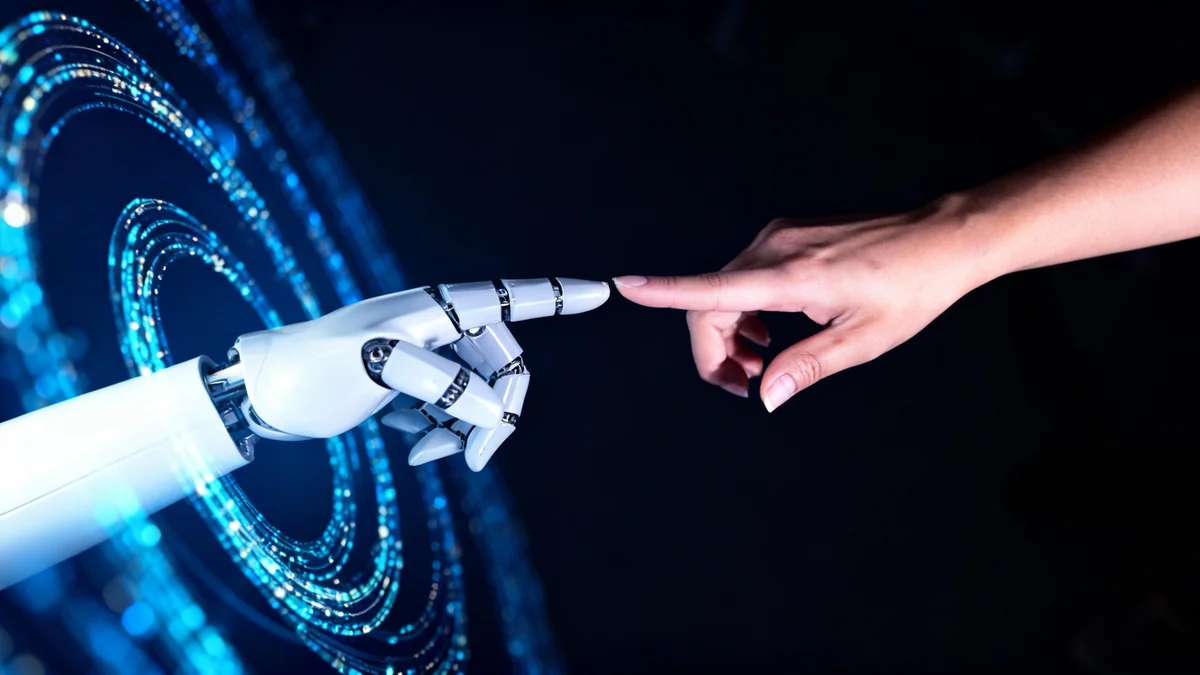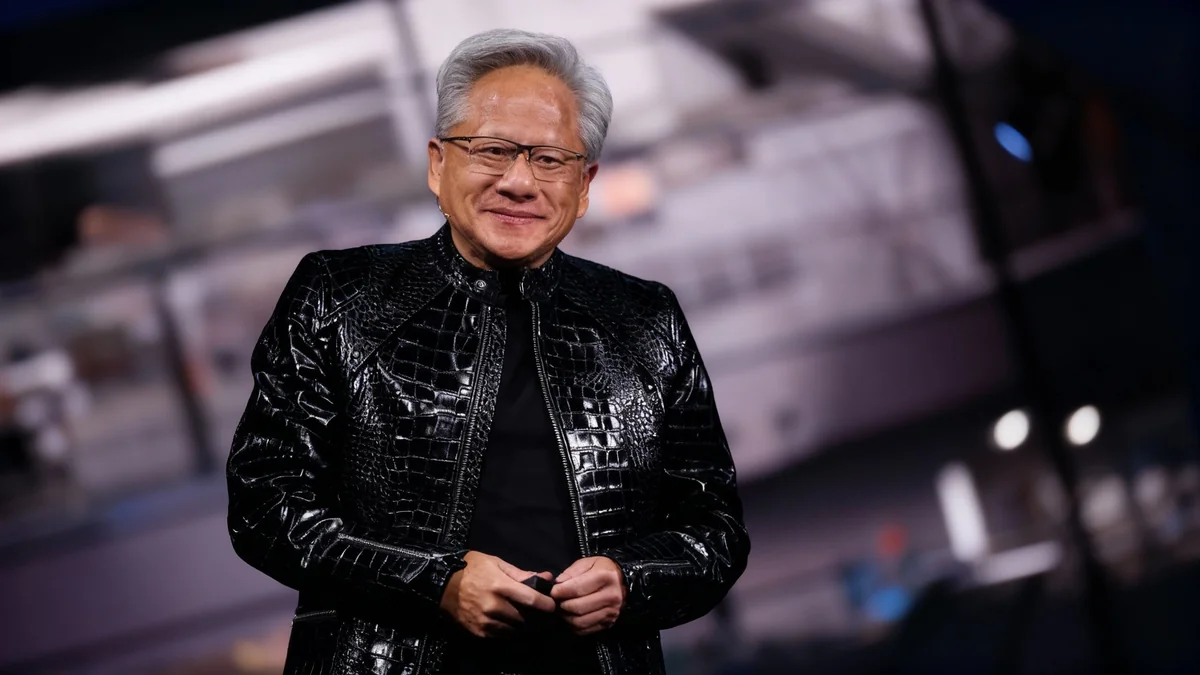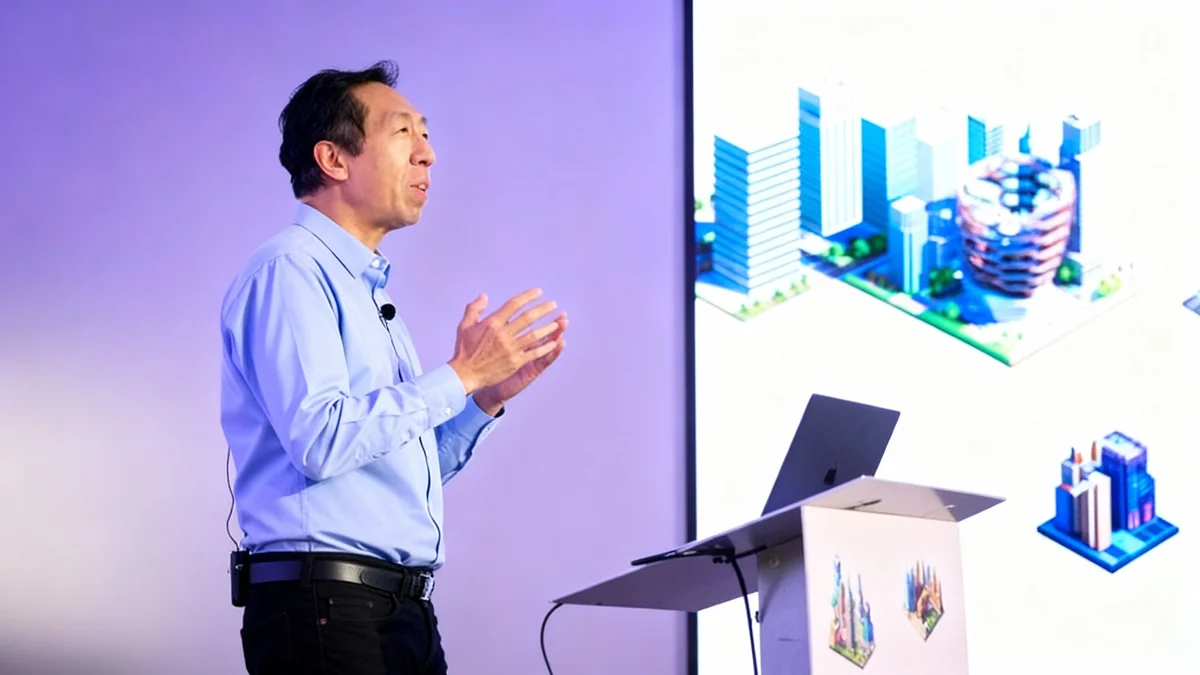A growing trend known as "cloud farming" is transforming small towns across India into essential centers for artificial intelligence development. Companies are establishing operations in rural areas to perform critical data annotation and model training tasks, creating new economic opportunities outside of traditional technology hubs like Bangalore and Chennai.
This strategic shift leverages a large, untapped talent pool of graduates in smaller towns, providing them with global career opportunities close to home. Firms like Desicrew and NextWealth are at the forefront of this movement, handling data for international clients and playing a vital role in the global AI supply chain.
Key Takeaways
- Technology firms are moving AI training and data labeling jobs to rural Indian towns, a practice called "cloud farming."
- This model aims to provide jobs locally, reducing the need for migration to major cities.
- Companies like Desicrew and NextWealth employ thousands in these towns, with a workforce composed largely of women (60-70%).
- The work involves essential tasks like data annotation, transcription, and model validation for global clients, primarily from the US and Europe.
- Industry experts believe India's small towns could become the world's largest hub for AI operations, leveraging a significant early-mover advantage.
The Rise of Cloud Farming in AI
For decades, India's information technology sector has been concentrated in major metropolitan areas. However, a new model is decentralizing the industry. By bringing high-tech jobs to smaller towns, companies are accessing a wider talent pool while offering employment to those who might otherwise be left behind.
This approach, termed cloud farming, involves setting up modern, secure IT facilities in remote locations to perform outsourced digital work. The global demand for high-quality data to train artificial intelligence has significantly accelerated this trend.
In the town of Virudhunagar in southeastern India, workers like Mohan Kumar are on the front lines of this shift. "My role is in AI annotation. I collect data from various sources, label it, and train AI models so they can recognize and predict objects," he explained. This foundational work is crucial for developing sophisticated AI systems.
What is AI Annotation?
AI annotation, or data labeling, is the process of manually identifying and tagging data to make it understandable for machine learning models. This can include outlining objects in images, transcribing audio, or categorizing text. It is a labor-intensive but essential step for creating accurate and reliable AI.
Pioneering Companies and Their Mission
Several companies have been early adopters of the cloud farming model. Desicrew, founded in 2005, was one of the first to recognize the potential of rural workforces.
"We realised that instead of forcing people to migrate to cities in search of jobs, we could bring jobs to where people already live," said Mannivannan J K, the chief executive of Desicrew. "Our mission has always been to create world-class careers closer to home, while proving that quality work can be delivered from anywhere."
Desicrew's services range from software testing to content moderation, but its AI-related work is growing rapidly. Currently making up 30-40% of its business, Mr. J K expects it to increase to nearly 100% soon.
Workforce Demographics
A significant aspect of this movement is its impact on gender equality in the workforce. At Desicrew, approximately 70% of employees are women. For many, it represents their first formal, salaried position, bringing financial stability to their families.
NextWealth, established in 2008, follows a similar philosophy. Headquartered in Bangalore, it employs 5,000 people across 11 offices located exclusively in smaller towns.
"Sixty percent of India's graduates come from small towns, but most IT companies hire only from the metros. That leaves behind a huge untapped pool of smart, first-generation graduates," stated Mythily Ramesh, co-founder and managing director of NextWealth.
She noted that many of these employees are the first in their families to graduate from college, with parents who are farmers, weavers, or police officers. NextWealth reports that about 60% of its staff are women.
The Backbone of Modern AI
The work performed in these rural centers is not peripheral; it is fundamental to the functioning of modern AI. From large language models like ChatGPT to facial recognition software, every advanced algorithm requires massive amounts of human-verified data to learn.
The Critical Role of Transcription
A major task is transcription, the conversion of audio into text. "Machines understand text far better," explained Desicrew's CEO, Mannivannan J K. He emphasized that training AI on diverse accents, dialects, and speech patterns is essential for creating systems that can interact naturally with humans.
Fine-Tuning AI Models
At NextWealth, employees like Dhanalakshmi Vijay are responsible for "fine-tuning" AI. She corrects errors made by models, such as when an AI confuses a blue denim jacket with a navy shirt. "These corrections are then fed back into the system, fine-tuning the model... Over time, the AI model builds up experience, just like updating software with regular patches," Ms. Vijay said.
This detailed validation work directly improves consumer experiences, such as making online shopping searches more accurate and reliable.
Challenges and Future Outlook
While the cloud farming model shows great promise, it is not without challenges. A primary concern is infrastructure. According to technology advisor KS Viswanathan, formerly of NASSCOM, "Reliable high-speed internet and secure data centres are not always at par with metros, which makes data protection a constant concern."
The companies leading this trend report they have invested heavily in secure and reliable infrastructure, mirroring urban IT hubs. However, Mr. Viswanathan noted that a larger challenge is perception. "International clients often assume small towns cannot meet data security standards, even when the systems are robust. Trust has to be earned through delivery," he said.
Despite these hurdles, the outlook is optimistic. Mythily Ramesh of NextWealth projects that AI and generative AI will create nearly 100 million jobs globally in training, validation, and real-time handling over the next 3-5 years.
India's Competitive Edge
According to experts, India has a significant head start in the AI data sourcing market. "Countries like the Philippines may catch up, but India's scale and early start in AI sourcing gives us a five to seven-year advantage," Ms. Ramesh stated. This window provides a crucial opportunity to solidify the country's position as a global leader.
KS Viswanathan shares this view, suggesting a major shift is underway. "Silicon Valley may be building the AI engines, but the day-to-day work that keeps those engines reliable increasingly comes from India's cloud farming industry," he said. "If cloud farming continues to scale, small-town India could well become the world's largest hub for AI operations."





